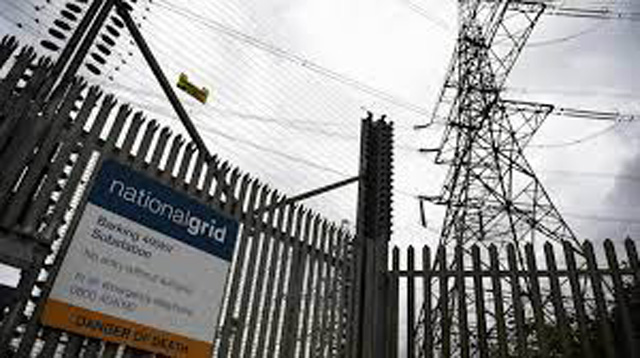
LONDON, Nov 24, 2023 (BSS/AFP) - The price cap on energy bills for most UK households will rise this winter, regulator Ofgem said Thursday, further fuelling a cost-of-living crisis that is forecast to worsen.
Bills will climb from January on rising wholesale energy prices, which have increased due to key producer Russia's war in Ukraine, Ofgem said in a statement.
The annual amount suppliers are able to charge an average household consuming electricity and gas will increase to o1,928 ($2,418) from o1,834, it added.
"This is a difficult time for many people, and any increase in bills will be worrying," noted Ofgem chief executive Jonathan Brearley.
Consumer Prices Index inflation slowed sharply to 4.6 percent last month on easing energy bills, achieving Conservative Prime Minister Rishi Sunak's target to halve the key figure.
However, households and businesses continue to pay high energy bills after the government scrapped last year's costly subsidies, while food-price inflation remains in double digits.
Britons face a record drop in living standards in 2024-2025, the Office for Budget Responsibility warned on Wednesday alongside a budget update from finance minister Jeremy Hunt.
The fiscal watchdog forecast real household disposable income per person will sink by the largest amount since records began in the 1950s. It is not expected to recover to pre-pandemic levels until 2027-2028.
Chancellor of the Exchequer Hunt admitted Thursday that many families were still suffering.
"People are feeling under pressure because of all the increases in inflation and shopping baskets and filling up the tank," Hunt told BBC radio.
"We need to continue on the path of bringing inflation down."
Hunt launched plans Wednesday to stimulate growth and woo voters for the next general election, delivering a massive sweetener for workers but also forecasting sharply lower growth and stubbornly high inflation.
The most eye-catching tax cut was an overhaul in national insurance, a payrolls levy paid by employees and employers that will be slashed from January.
But the OBR slashed economic growth forecasts to 0.7 percent in 2024 and 1.4 percent in 2025. That compared with prior guidance of 1.8 percent and 2.5 percent respectively.
In further gloom, the OBR predicted inflation would not fall to the Bank of England's official two-percent target until the second quarter of 2025.
That is one year later than previously forecast and raises the prospect that interest rates will stay higher for longer, in turn hitting the cost of commercial loans for consumers and businesses.